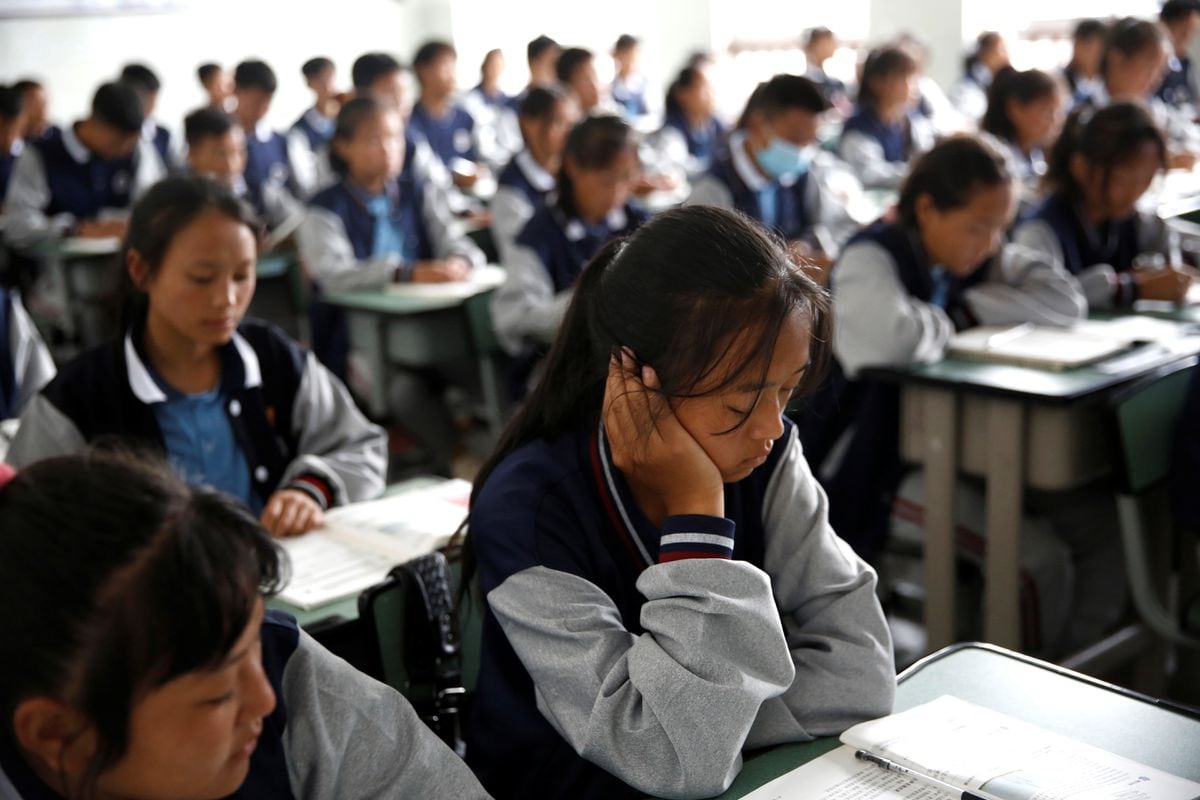On a day in March 2021, three large Chinese private
online
tutoring companies — New Oriental Education, TAL Educativo Group and GSX Techedu — lost between 13% and 15% of their value on the New York Stock Exchange, where in the year elapsed since the start of the pandemic they had not only started trading, but also risen in value to make their largest shareholders billionaires. News of its plummeting was surprising, but not nearly as surprising as its previous rise, considering that many investors viewed Chinese
online
tutoring companies
listing on Wall Street with a mixture of suspicion and skepticism.
The immediate reason behind the stock market punishment was the Chinese government's decision to regulate the business of these
online
education companies by forcing them, to begin with, to register as non-profit companies. In addition, heavy fines were imposed on some of them for alleged financial irregularities and misleading advertising. By the end of July, the market value of these Chinese companies had lost three-quarters (from $100 billion to $24 billion, according to
The New York Times
), which in turn caused widespread falls in the Shanghai and Hong Kong stock markets. Kong. Not long after, came China's ban on private
online tutoring.
, which was described as a "national problem" and also important restrictions on video games. But one thing is video games and quite another math, science and language classes both to reinforce and enrich student performance. How did President Xi conclude that the runaway business growth of these companies was a national problem? What lies beneath a story that almost sounds like educational science fiction?
The story begins with the great popularity of educational
apps
in China since before the pandemic. The official Chinese policy at the time was that homework could only be given to students from the third grade onwards. But the climate of competitiveness in the Chinese educational system is such that the teachers themselves advised parents
online
options so that the little ones also do homework regularly. What could already be considered an extreme situation before the pandemic exploded with this one: the awareness that the closure of schools implied a loss of learning and, therefore, of opportunities caused the demand for
online private classes to increase.
Will trigger;
and all this in line with the official policy of digitization of the educational system, that is, with schools and teachers actively demanding the creation of new
online
applications and their increasing use in schools when returning to the classroom after confinement.
Pandora's box had been flung wide open.
The change of course decided by Xi could be explained by three reasons: first, the acceleration of digitization led to a disorderly growth of the large private
online tutoring companies
, that the Government understood that they were parasitizing the public education system to the point of virtually kidnapping it, while widening educational inequality. Second, Chinese companies had become multinationals, increasingly involving US and foreign investment funds. For Xi, this implied a risk that his geopolitical rivals would end up influencing and even controlling the education of Chinese primary and secondary students. At a time when China is moving towards more recentralization and more control in the hands of the Communist Party and its leader, the market evolution of these companies was unacceptable.
But the third explanation is perhaps the most important: demographic projections predict a drop in the Chinese population of up to 720 million inhabitants in 2100. Hence the aggressive birth policy focused today on the third child. Some estimates suggest that Chinese families have doubled their investment in their children's education as a result of the pandemic. The drift created by the demand for private tutoring is at the root of this increase and the Government understands that it discourages families from having more children. In a society accustomed to putting all the family's investment effort into a single child, the success of the new birth policy therefore depends on eliminating this great obstacle. The forcefulness of the measures being taken attests to this.
The first reports (from the
South China Morning Post
, for example) that arrive after Xi's firm measures suggest that families are turning to a nascent black market for private tutoring, in addition to the fact that the richest have at their disposal the companies from Taiwan and Singapore, in addition to the Western ones for learning English and in English.
Will Xi be able to close Pandora's box?
Bets are allowed.
Juan Manuel Moreno
is professor of Didactics and School Organization at the UNED.
You can follow EL PAÍS EDUCACIÓN on
and
, or sign up here to receive
our weekly newsletter
.

